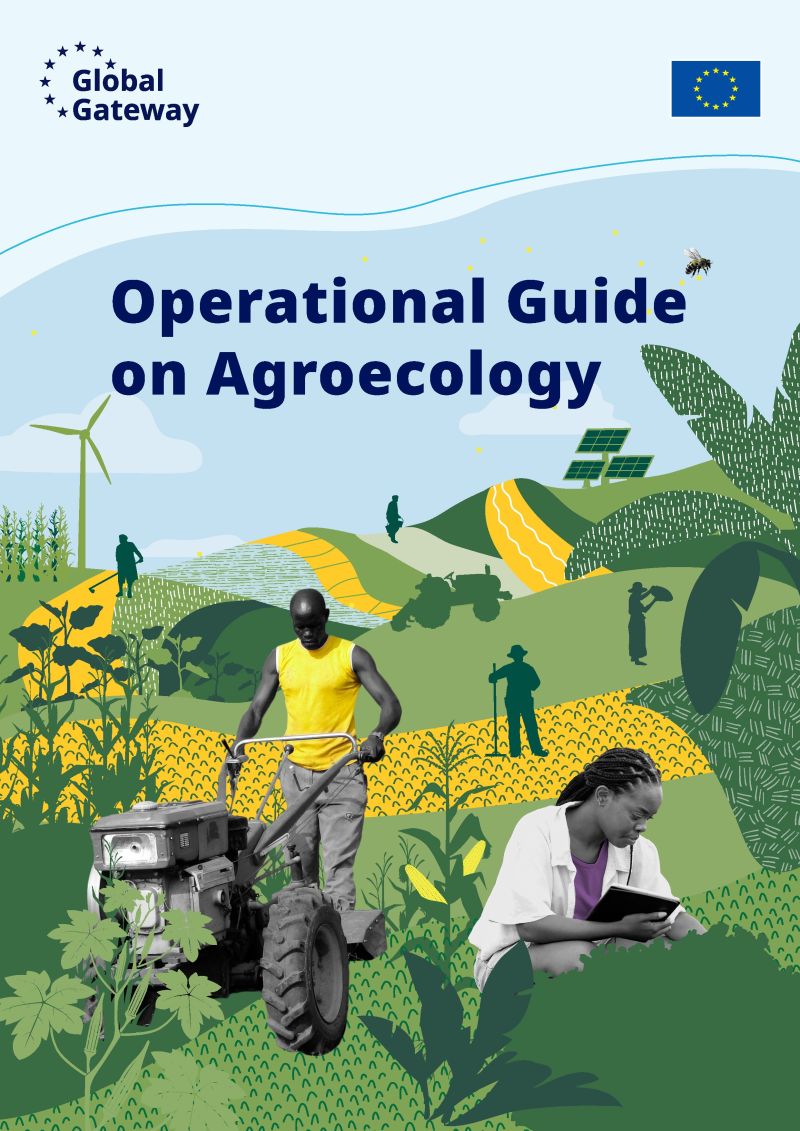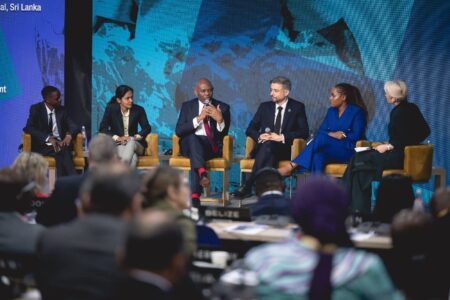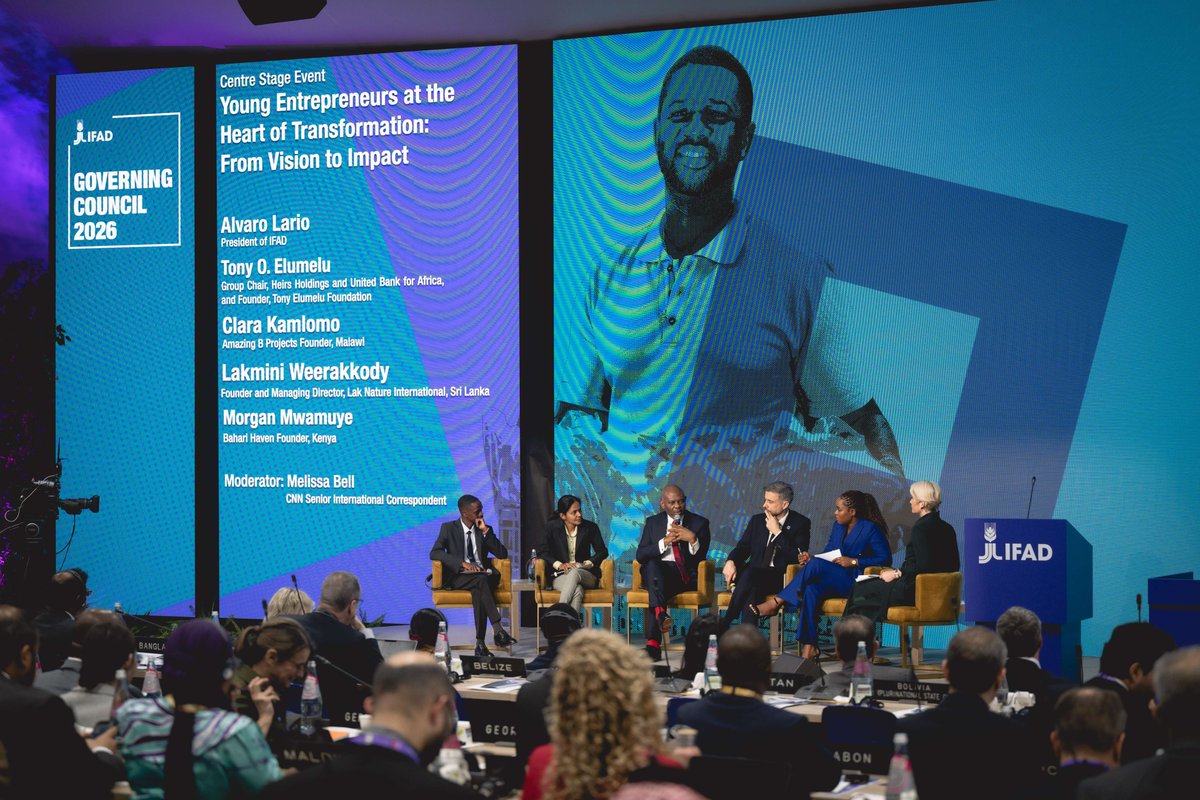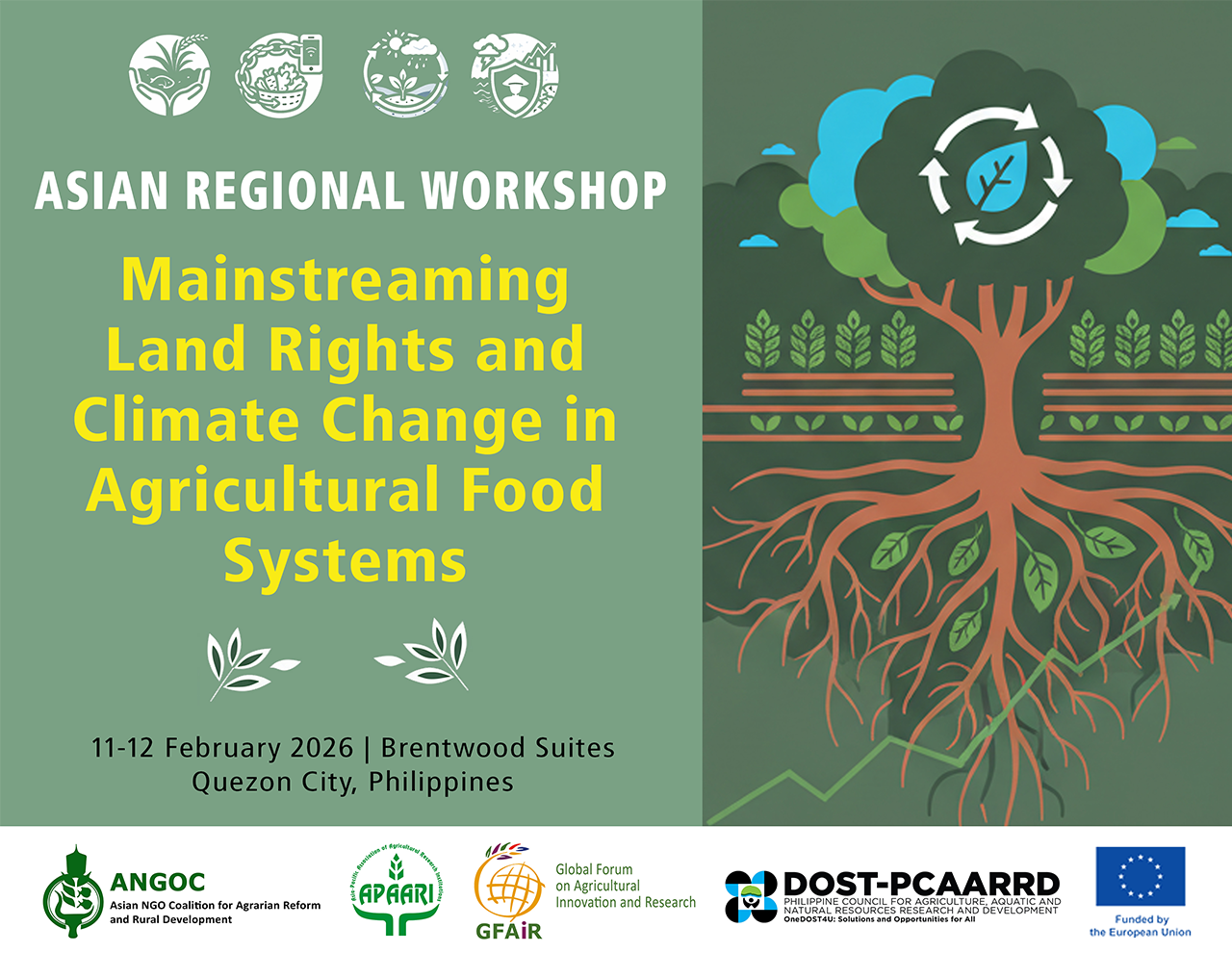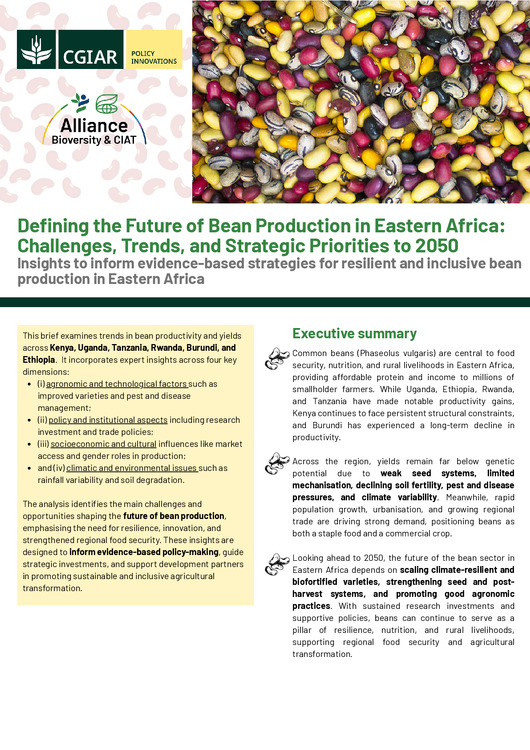The forum aimed to translate national agricultural policy into investable opportunities.
26/02 Strategic Vision for Agriculture
Key speakers- Ndaba Gaolathe, Vice President and Minister of Finance of Botswana
- Edwin Dikoloti, Acting Minister of Lands and Agriculture
- Carla Mucavi, FAO Representative in Botswana
- Keletsositse Olebile, CEO, Botswana Investment and Trade Centre (BITC)
Mr. Olebile stated that the inaugural agribusiness and investment forum comes as BITC launches its 2025–2030 Strategy, aligned with national priorities and the Botswana
Economic Transformation Programme (BETP). The Strategy positions agribusiness investment as central to economic diversification, food security, exports, and rural development. To strengthen Botswana’s competitiveness, BITC is leading a review of investment incentives, including those for agriculture, benchmarked to global best practices. The CEO cited ongoing major projects: - Smallholder Producer Cooperatives (SPC) expansion into Robelela and Tshokwe (investment over BWP 500 million, 1000+ jobs)
- Dr. Henn Africa project in Mogobane (US$60 million investment, 3000+ jobs), covering poultry breeding, broilers, eggs, and processing
- progress in industrial hemp and medicinal cannabis, where BITC has accredited two major projects worth US$125 million with over 2000 jobs expected, and is facilitating three more that will include primary production and value addition.
Main messages
- Agriculture must become a key pillar of economic diversification beyond Botswana’s traditional reliance on diamonds.
- Government aims to increase agriculture’s contribution to GDP from ~2% to about 6%.
- Stronger investment, value addition, and export-oriented production are needed.
Priority investment areas highlighted
-
Meat processing and livestock value chains
- Crop production and seed systems
- Food processing and feed manufacturing
- Fruit tree plantations and horticulture
- Controlled-environment agriculture
- Aquaculture and freshwater fisheries
- Safflower was not explicitly listed among the core commodities. However, it does appear as an emerging strategic crop in Botswana’s agriculture sector, which could make it a potential investment opportunity.
26/02 Agricultural Investment Opportunities in Botswana
Focus- Presentation of Botswana’s agricultural investment pipeline
- Role of BITC in facilitating investment partnerships
- Opportunities across priority value chains
Key speaker
-
Keletsositse Olebile, CEO, BITC
Key issues discussed
- Limited compliance with international standards restricting export access
- Need for technical capacity, certification systems, and market readiness for producers.
26/02 Financing and Risk Mitigation for Agribusiness
Speakers / organizations
- First National Bank Botswana
- Letsego Holdings (microfinance)
- Hollard Insurance
- Development finance institutions and national banks
Key topics
- Agricultural finance models
- Risk management instruments (insurance, guarantees)
- Access to credit for farmers and SMEs
- Blended finance for agri-food systems.
27/02 Building Competitive Value Chains
Focus
-
Strengthening value chains for domestic and export markets
- Agro-processing and value addition
- Integration of smallholders into commercial supply chains
Speakers
- Government officials
- Agribusiness leaders
- Development partners including FAO
Key outcomes
-
Greater emphasis on value-added products such as processed meat and nutraceuticals for export markets.
27/02 Innovation, Climate Resilience, and Skills
Themes
- Climate-smart agriculture
- Digital agriculture tools
- Youth and women participation in agribusiness
- Innovation ecosystems for agri-food systems
- Technology providers
- Agricultural entrepreneurs
- development organizations and innovation hubs.
27/02 Investment Pitch & Partnership Platform
A dedicated segment allowed agribusinesses and investors to present projects and partnerships, focusing on:- Bankable agribusiness projects
- Public-private partnerships
- Investment matchmaking.
27/02 Closing Session
Speaker
-
Phenyo Mokete Segokgo, who delivered the vote of thanks in the closing session.
Key conclusions
- Botswana needs greater private sector investment in agriculture.
- Strengthened partnerships between government, financiers, and producers are essential.
- Agri-food systems transformation is central to food sovereignty and economic diversification.
- Botswana needs to facilitate prospective investors "to put money on the table and do things" (see second video of the first day). Find out what the frustrations are of the investors.

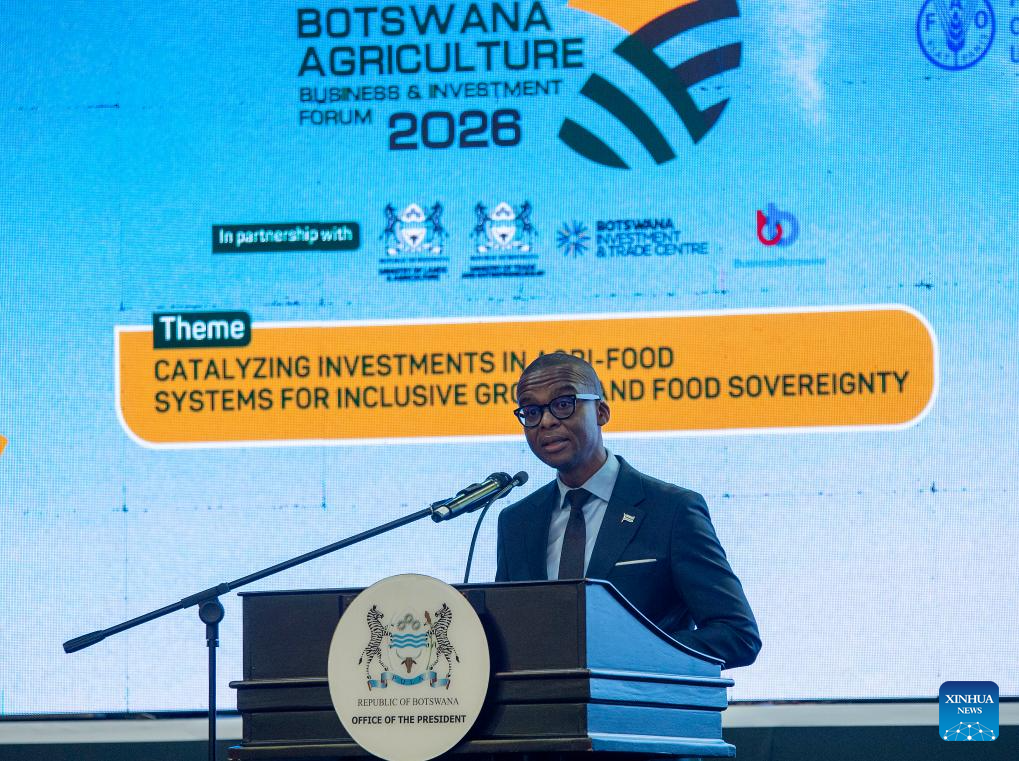

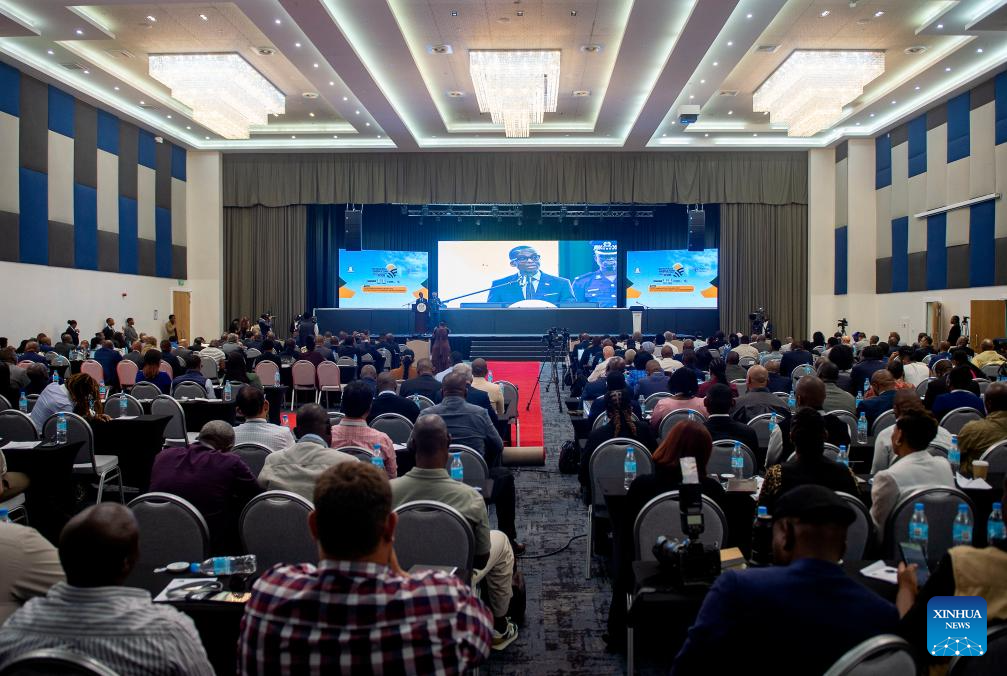












.png)
.png)
